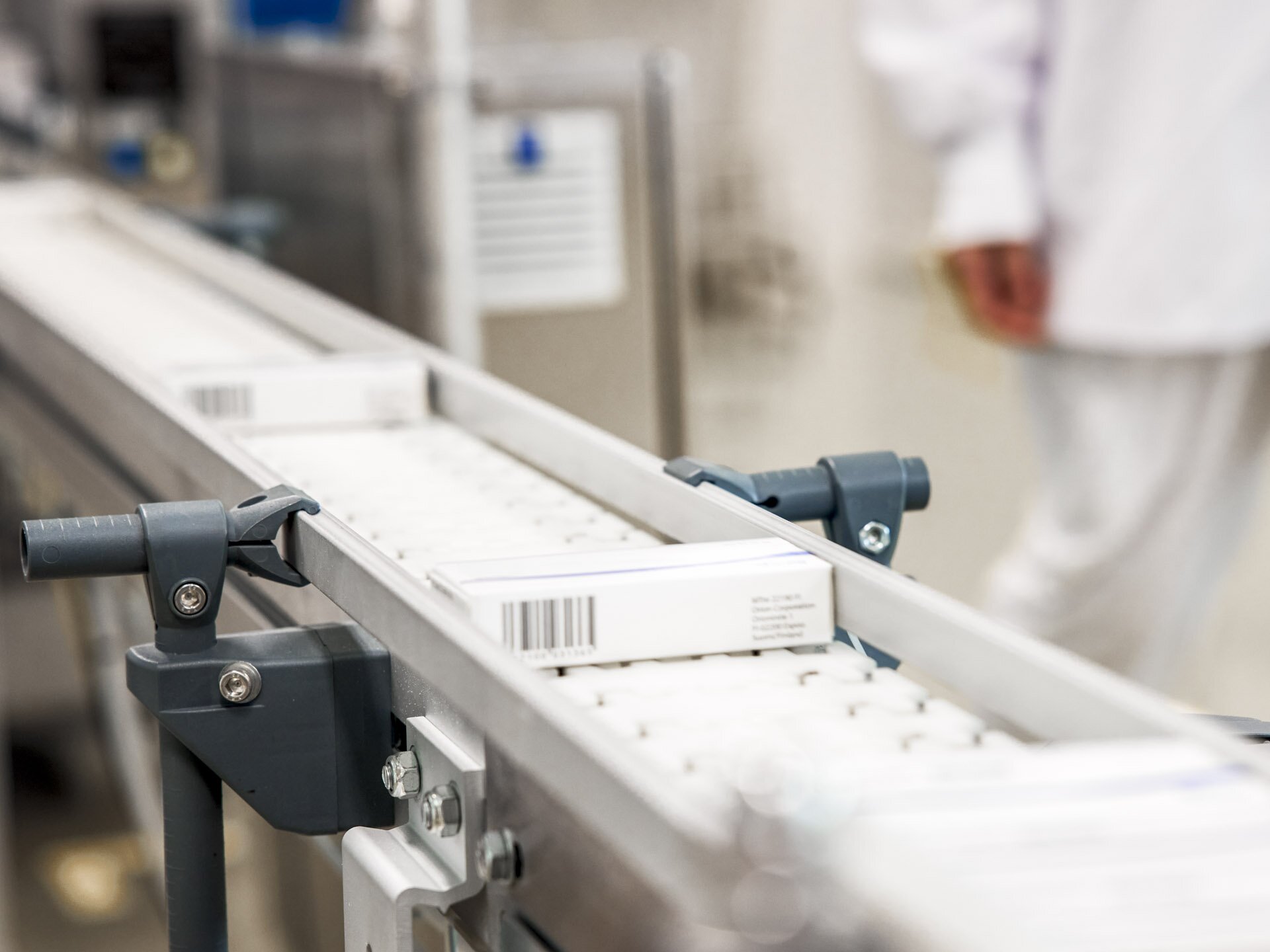Lessons – “It's no use dwelling in the past, or worrying about the future”
The summer before last, I still thought that my life would never be the same. I thought I was past the stage in my life when I could go camping with my family. Now, when I think about it, I don’t know what would stop me. When you have Parkinson’s, you should enjoy the things you can do in the present. It doesn’t help to dwell on the past, and worrying too much about the future is not worth it.
I have always valued some peace and quiet. I am aware that my life is slowly becoming smaller and smaller and my ability to do things is decreasing. One day, my legs will no longer support me, and I won’t be able to drive. There will come a day when I won’t be able to go anywhere without an assistant. That’s why I enjoy being by myself now.
Recently, I’ve been consciously rebuilding my relationship with being by myself. This is why I went to the cottage alone several times last autumn. I learned how to fish with a spinning rod, went mushroom picking, which I haven’t done in a long time, and also ventured out on the lake in a boat. Before all this there was a long period of time when I didn’t dare to go anywhere on my own.
Difficult moments – “Is this all I can do for my children?”
I have never been very afraid for myself, but I have been afraid for my loved ones and my children. When my diagnosis was confirmed, I was 41 years old and my children were 3 and 6. At the time, I worried about how long I could be a safe and caring, dependable father.
For the first few years, my symptoms were mild. Then, three years ago, the symptoms really started to become more noticeable, and I was put on medication. I was mentally very fragile and physically very tired.
When I went to family gatherings, the first thing I did was ask where the nearest bed was. I would sleep until the event ended. Things like this happened often. During the summer holidays I was responsible for the children while my wife was at work. I remember a week when I had the energy to take my children out for ice cream exactly once and once to eat in town. Otherwise, I mostly rested. I thought to myself, is this all I can do for my children? It was depressing.
When my condition became worse, it was hard to tell whether it was the disease, the medicine or both. Fortunately, there are alternative medications. Eventually I was put on medication that brought me back among the living.
Hope – “Next summer I thought I would try skateboarding after a long break”
Parkinson’s is not the end of the world. Right now, I’m almost having the best time of my life, even though it’s nearly eight years since my diagnosis.
I am currently on disability pension, but I can still work as a self-employed graphic designer. Parkinson’s doesn’t really define what I can do. Last autumn, I fulfilled a long-time dream and released a full-length album of pop songs. Now, I’m trying to work out gig schedules so that I can play my music live while my hands are still working.
Above all, I’m glad that my 10 and 14-year-old children don’t have to think about how ill I am. In the mornings, I often wake them up and make them breakfast. When they leave for school, I do some work. In the afternoons, when my children come home, I make them a snack. I have always enjoyed cooking for my children, but nowadays I like it even more.
I am happy that I’m able to do ordinary things. When I’m on the right medication, I can even play football with my daughter. Next summer I thought I would try skateboarding after a long break.
I know that things will not go on like this for ever. The disease is progressing, and my medication is slowly becoming less and less effective. But I can still make my dreams come true.

Support – “It has been difficult to find peers in the same life situation”
My wife is my main supporter. As early as when my right arm had started to show symptoms and I suspected Parkinson’s, I shared my suspicions with her. It is important for me that we can talk openly about the disease. Yet my wife should not be my peer. I want her to live her life as normally as possible. We do things together that other couples do: we go to the cinema, the theatre, restaurants and exhibitions. I try to offload my burden somewhere else.
I’m a member of the Parkinson’s Association and I regularly attend the association’s exercise classes. There aren’t many of us who became ill at a young age, and it’s not easy to find peers. Many people of working age do not want to seek out the ill and therefore keep to themselves. When people in a Facebook peer group complained about the lack of activities for younger people with illnesses, I got involved in organising them.
I know that talking about Parkinson’s can feel scary. However, personally, I feel that it makes life easier. You should not hide the fact that you have Parkinson’s.
Parkinson’s disease
- What is Parkinson’s? An estimated 16,000 Finns suffer from Parkinson’s disease, a slowly progressing and incurable neurological movement disorder. It involves the gradual destruction, usually over years or decades, of the nerve cells in the brain that control movement. The disease typically starts between the ages of 50 and 70, and it’s more common in men. Of those with Parkinson’s disease, 5–10% fall ill at a younger age.
- Symptoms. Parkinson's disease causes muscle tremor and stiffness, and a gradual slowing of movement. Other symptoms may include difficulty speaking or swallowing, loss of the sense of smell, fatigue, depression and slowed thinking.
- Treatment. The underlying cause of the disease is unknown and, for the time being, it cannot be prevented or cured. Its symptoms can, however, be managed and alleviated through rehabilitation and medication, which is started when symptoms interfere with daily life.
- Medication. There are various different drugs for Parkinson’s disease, which affect dopamine levels in the brain in different ways. The drugs are classified into different groups: MAO-B inhibitors, dopamine agonists, levodopa medication and COMT inhibitors.











